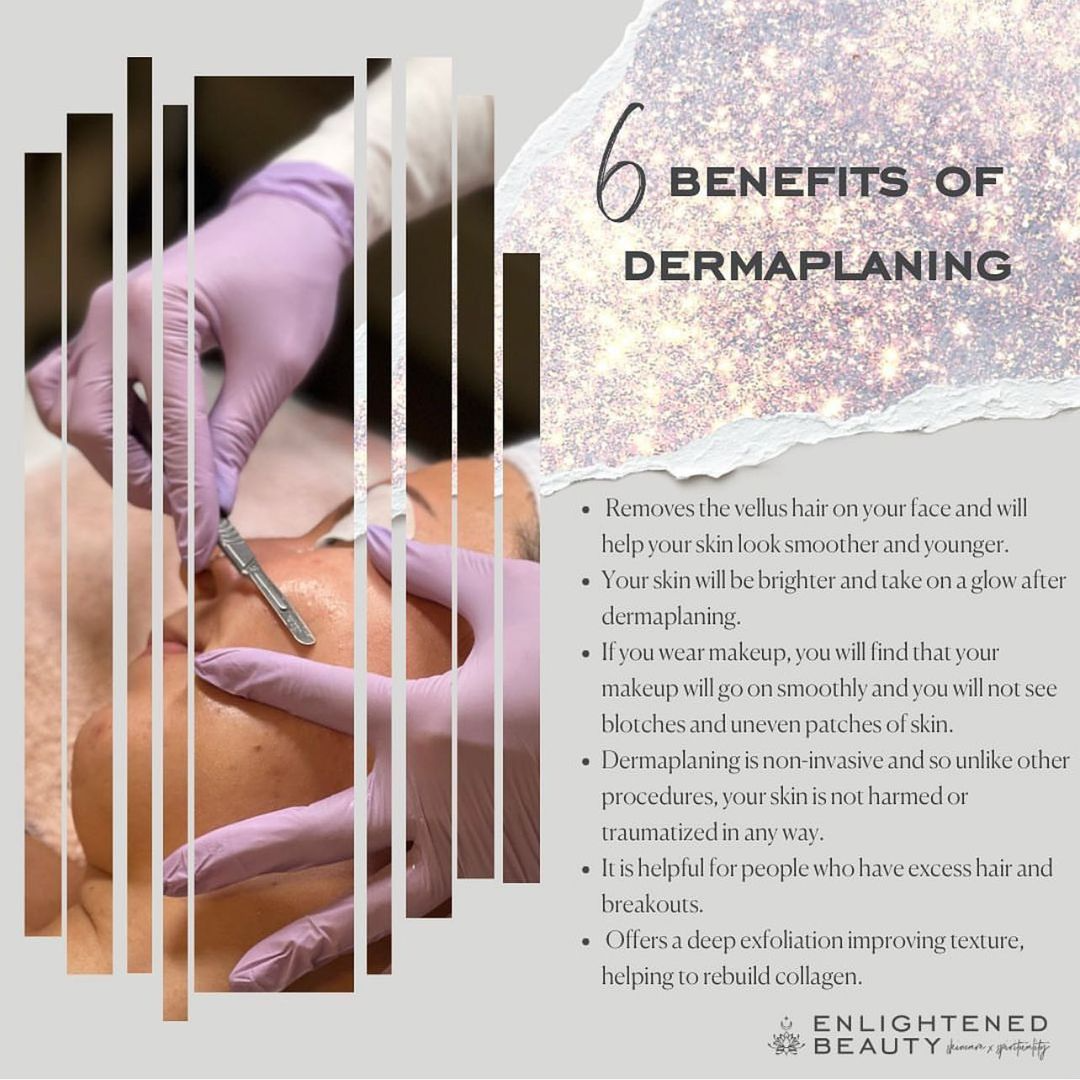
How to Choose the Right Skin Serum?
Serums have become an important step in our skin care routines. As with any other product, there are so many options out there that it can be overwhelming. Luckily, we’re here to help and find out how to choose the right skin serum for you.
How to Choose a Skin Serum?
There is a wide variety of different skin serums on the market and a good place to start is to first figure out what skin type you have. We often unknowingly use products that aren’t meant for our skin type, which in most cases causes skin issues to seemingly appear out of nowhere! To help you with this, you can read our blog post on the 4 most common skin types to find out which one you fall into. Once you’ve figured this out, finding the best skin serum for your skin type becomes a lot easier.
Introducing a serum into your skin care routine is essential to maintaining balanced, healthy, and fully functional skin. The beauty of using a serum is that the ingredients used in the formula are often more potent, penetrating deeper into the skin and addressing issues in areas such as collagen and elastin, both of which are extremely beneficial to the overall appearance of the skin. By combining a serum with a nourishing moisturizer and daily SPF, you give your skin the best chance of staying protected, looking healthy, and repairing any damage it may have already sustained.
To learn more about the benefits of using a serum, you can check out our dedicated blog post on serums and why you should consider using them.
Now, we’ll give you a detailed breakdown of which serums and ingredients are best for your skin type and concerns.
Best serums for dry skin types?
If you have a dry skin type, you may have noticed that you have some dry, flaky patches, and your complexion can look a little dull and lifeless. To rejuvenate and restore vitality and hydration to your skin, choose a serum that contains any of the following ingredients:
Hyaluronic acid
Aloe vera
Vitamin C
Antioxidants
Mild fruit acids
If the formula contains hyaluronic acid, it’s generally considered well worth applying the serum to still slightly damp skin to let the hyaluronic acid lock in moisture. Here are some more suggestions on how to use it alongside a serum to improve your complexion.
Using a gentle cleanser or a chemical exfoliant containing AHAs, such as lactic acid, will remove dead skin cells and reveal new healthy cells.
Take a pea-sized amount of serum and gently massage it into your skin. Many dermatologists recommend patting the product in to best allow the serum to absorb into the skin without too much movement, which can irritate the skin.
Hyaluronic acid is a powerful ingredient that locks moisture into the skin and draws in the surrounding skin, creating a continuous hydration cycle.
Aloe vera is also extremely hydrating, providing super hydration for dry skin.
Last but not least, Vitamin C helps correct all signs of aging and pigmentation, restoring skin radiance, while its antioxidant properties protect the skin from free radicals and other daily aggressors.
These ingredients are extremely beneficial for all skin types. The most important thing when treating dry skin is to make sure the product is not too harsh, as this may cause a reaction or irritation. If you stick with the ingredients mentioned, you will find that your skin feels great.
Best serum for oily skin types?
Oily skin types are known to be too particular about the number of products in their daily skincare routine. Overburdening the skin with too many layers of heavy products can lead to blemishes and breakouts.
Serums are usually watery or gel-like, depending on the ingredients, and have a small molecular size, which allows the product to pass through the epidermis and into the lower layers of the skin. This means it is very lightweight and does not cause enlarged pores, a common problem for oily skin.
The best active ingredients for oily skin are:
Hyaluronic acid
Salicylic acid
Alpha-hydroxy acids
Antioxidants
Salicylic acid is a beta-hydroxy acid, also known as a BHA, which, unlike AHA, can penetrate deep into the pores. It removes all the bacteria, dirt, and debris that can accumulate and cause breakouts like blackheads and spots, while also enlarging the pores.
Use a cleanser or toner with facial acids, such as glycolic acid, to remove traces of dirt and bacteria buildup.
Make sure your skin is clean before applying a pea-sized amount of serum to your skin and allow enough time for the serum to absorb before applying other products.
Salicylic acid thoroughly cleanses pores and fights excess sebum. Bacteria and dirt can lead to acne and blackheads
Hyaluronic acid locks in moisture, ensuring that the skin remains balanced and does not lose oil
Antioxidants fight daily skin stressors such as UV rays, pollution and climate that weaken the skin’s protective barrier.
By using a serum with a unique blend of these ingredients, you give your skin a chance to stay balanced and protected, keeping blemishes and excess sebum in check. You’ll also notice that your skin feels comfortable and non-greasy without being overloaded with product. If you use a blend designed for oily skin, you’ll find that this is also the best serum for acne-prone skin that often breaks out.
How to choose a serum for combination skin?
The difficulty with combination skin is learning how to treat it properly. Since your skin is both dry and oily, many beauty experts say you should use multiple serums and spot-treat any problem areas with different serums. Depending on your budget and time, this can be difficult to achieve. Try using these ingredients to improve your skin’s appearance overall and address any issues you find.
Vitamin C
Mild AHAs, such as lactic or glycolic acid
Hyaluronic acid
Antioxidants
By using a serum with these ingredients, you can keep your skin’s protective barrier functioning and repair any damage.
Now that we’ve established which active ingredients to look for in a serum based on your skin type, let’s move on to some of the most common issues some people have with their skin. You’ll find that once you have a better understanding of effective products, you can tailor your skin care routine to treat your skin while fighting signs of damage, premature aging, breakouts, and dullness.
Best Serums for Aging Skin
Finding the best serums for aging skin is the hard part. Incorporating the product into your routine isn’t as easy as a serum can be combined with any existing product in your skincare routine. There are a variety of serums designed to treat signs of aging. They are packed with active ingredients that create a potent blend. The key ingredients to look out for are:
Retinol
AHAs
Antioxidants
Hyaluronic Acid
You can learn more about the best serums for aging skin on our website. There you’ll also learn more about treating fine lines, wrinkles, and sagging.
Retinol is an anti-aging powerhouse, but it should be introduced with caution into your skincare routine. The most effective approach is to start with a low percentage and allow the skin to adjust to higher doses over a slow period of time. Retinol can have a number of side effects and reactions if used improperly or introduced too quickly into your skincare routine. Beyond that, the results you see when using retinoids are remarkable: fine lines and wrinkles are smoothed, skin texture becomes smooth and has an airbrushed look, not to mention the lit-from-within glow that comes with using this versatile ingredient.
Best serum for uneven skin tone?
Uneven skin tone can have a variety of causes, such as: B. Sun damage, dark spots, acne scars, or other signs of hyperpigmentation. You may also notice that the more you are exposed to the sun, the darker your hyperpigmentation becomes. This is a result of damage that occurs deep below the surface of the skin. Luckily, serums are the perfect product to combat uneven skin tone because they can penetrate deeper and work their magic, especially when they contain ingredients such as:
Vitamin C
Niacinamide
Retinol
Unfortunately, hyperpigmentation can never completely disappear, but it can fade so that it is less noticeable to the naked eye. The above active ingredients help the skin reduce areas of dark spots or uneven skin tone, restoring radiance and vitality to the skin.
Now that you know exactly which active ingredients are right for your skin type and how to address any concerns, you can tailor your skin-care routine to treat your skin, balance water-oil levels, repair damage, and strengthen the moisture barrier to keep your skin fully functional.


